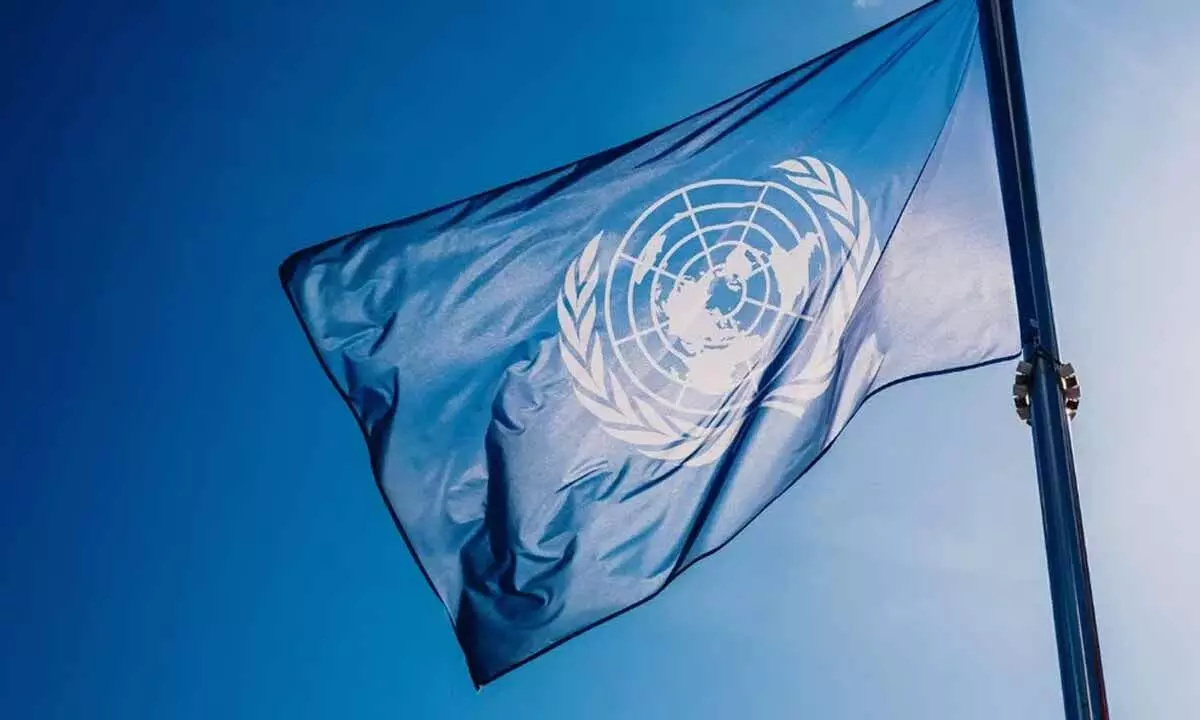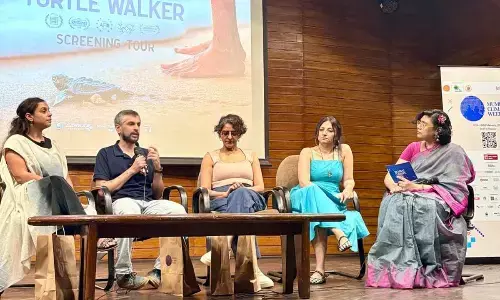First global cooperation to combat cybercrimes

It is said the first cyberattack was committed in 1834 in France, when two people hacked the telegraph system to steal data.
It is said the first cyberattack was committed in 1834 in France, when two people hacked the telegraph system to steal data. This marked the beginning of the abuse of technologies that are inherently vulnerable to criminal intent within or outside systems. Nothing is absolutely foolproof, and there are many people out to exploit it.
The term “cybercrime” was coined by William Gibson in 1982 and his novel ‘Neuromancer’ popularised it. Cybercrimes have evolved since the onset of the internet, ranging from denial of service attacks, website defacement, cyber-squatting, pharming, cryptojacking, online gambling and drug trafficking, espionage, and disruption. The list keeps growing and so are the problems of tackling them. These days one is baffled by the ingenuity of tech-savvy criminals, evident in identity theft, phishing, malware, cyberstalking, copyright infringement, ransomware, cyber extortions and cyber terrorism, too. Technology is being used as a means to coerce, stalk, harass, blackmail or trick victims into parting with their money or doing the bidding of criminals. Recently, we learnt of a youth killing himself and livestreaming it after prodding and coercion by cyber bullies.
The year 2024 saw an unprecedented surge in attacks on the cyber landscape. Prolific attacks were reported to have taken place in various ways confounding individuals and businesses. Spoofing, whaling, Trojan horse, baiting, compromising third parties, zeroing in on configuration security systems, DNS tunnelling, use of AI, increasing incidence of state-sponsored attacks, cloud or device vulnerabilities – there had been overwhelming cyberattacks on persons and organisations alike.
It seems even the most advanced and most fortified systems cannot guarantee they are attack-proof. Criminals are developing new strategies faster than companies can update their defences. Hence, cyber insurance is gaining importance as it can help shoulder losses of cybercrimes. The global cyber insurance market was estimated at $16.66 billion in 2023 and expected to touch $120.47 billion by 2032. The Indian market is seen to have a potential business of $3,556.5 million by 2032.
There are no exact figures, yet cybercrimes were estimated to have caused $7 trillion losses in 2023. The world over, such crimes will cost governments, businesses and individuals upwards of $10.5 trillion losses in 2025. Indian Cyber Crime Coordination Centre (I4C) has estimated that Indians lost over Rs 11,000 crore to cyber frauds in the first six months of 2024, with 6,000 complaints filed daily on the National Cyber Crime Reporting Portal. In a few days, we will get to hear the total enormity of crimes in the year. As a global cooperation is felt indispensable against bands of cyber marauders, the UN General Assembly has adopted a landmark cybercrime treaty. It is the first international criminal justice treaty negotiated in over 20 years. With multilateralism (a form of cooperation between multiple countries to achieve a common goal) failing as far as climate change, plastic reduction and biodiversity are concerned, besides abject failures to avert wars in Middle East, Israel’s assault on Gaza and Russia’s aggression on Ukraine etc., the UNGA approval marks recognition of the benefits of global cooperation. The Convention against Cybercrime will open for signature in Hanoi, Vietnam, in 2025. Notably, the treaty binds states/parties to ensure implementation of their obligations under the convention is consistent with international human rights law.
The treaty efforts are laudatory given the blistering pace of cybercrimes; AI and quantum technologies will increase the current risks manifold. Lastly, while pursuing the promise, and harnessing the potential, of technological advances, everyone must be aware of their perils, too. Cyber hygiene has become more imperative than ever.









